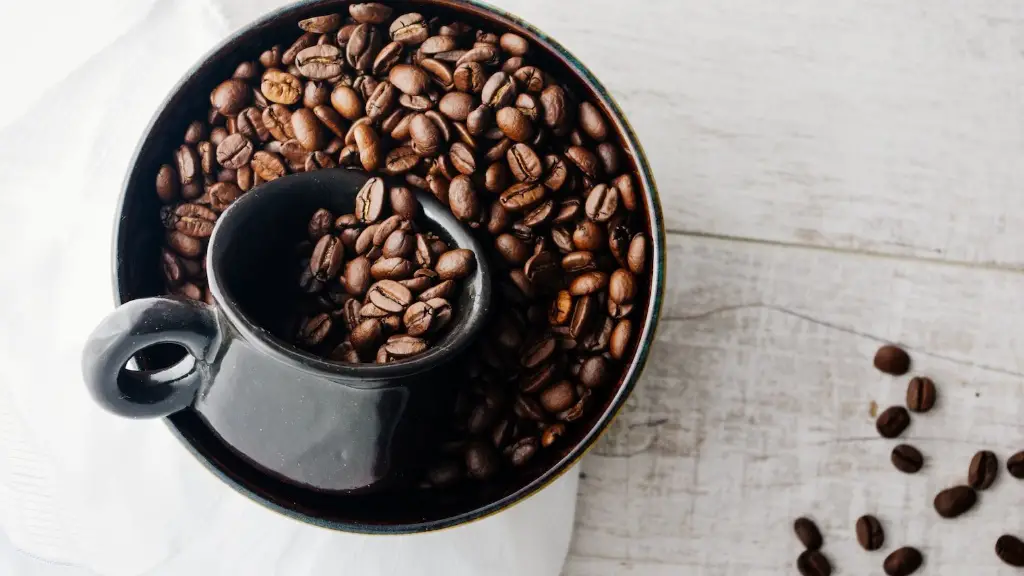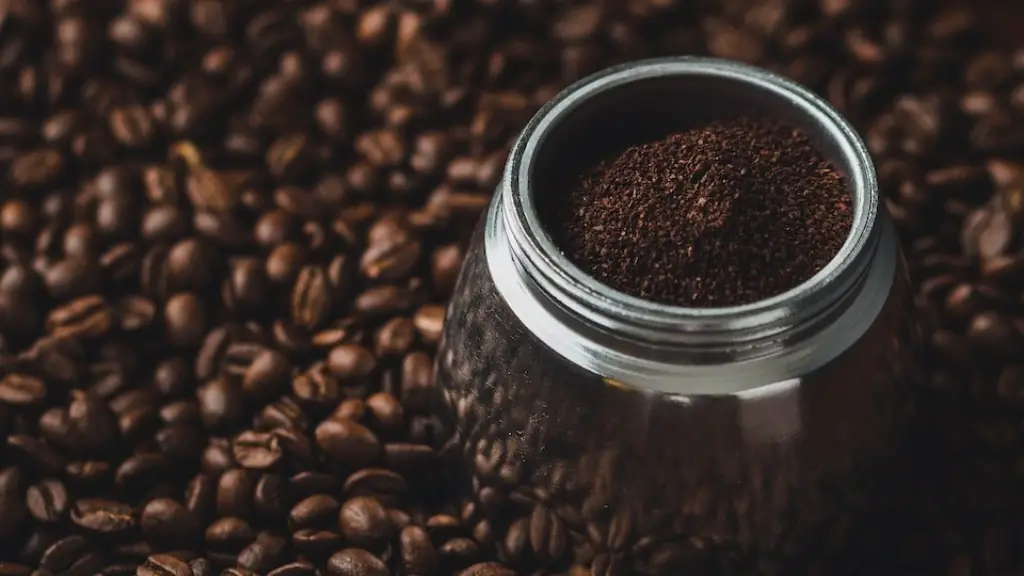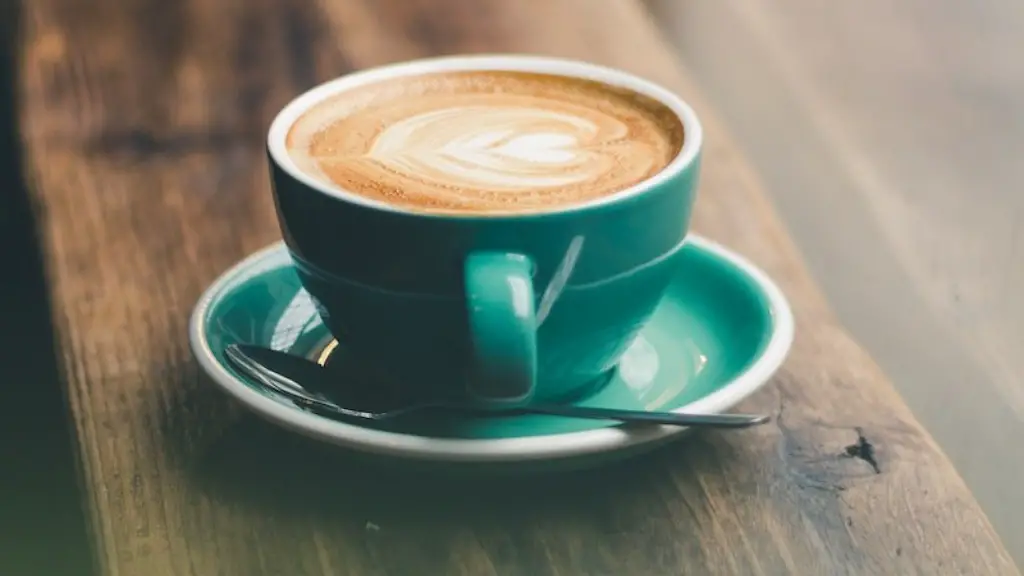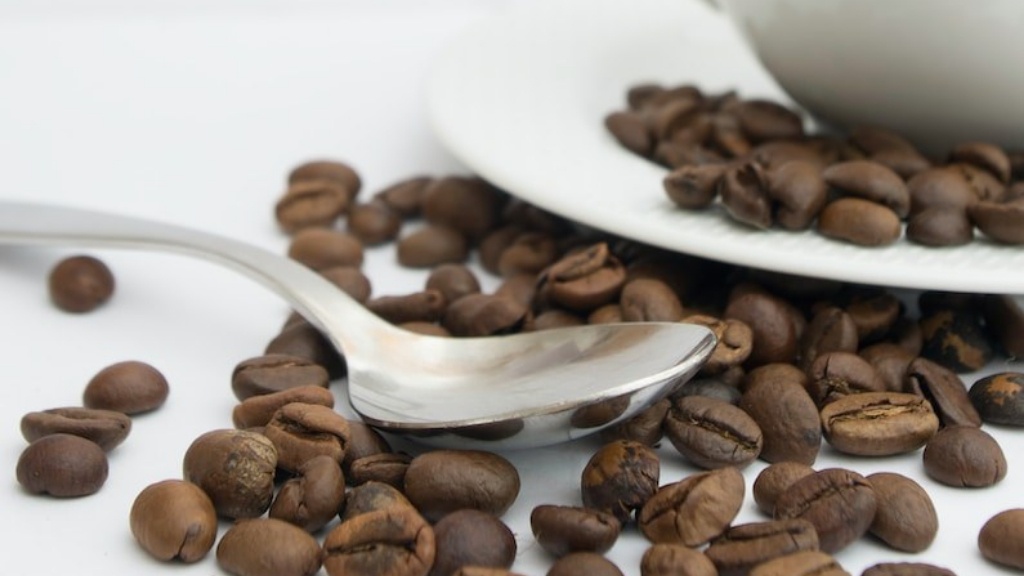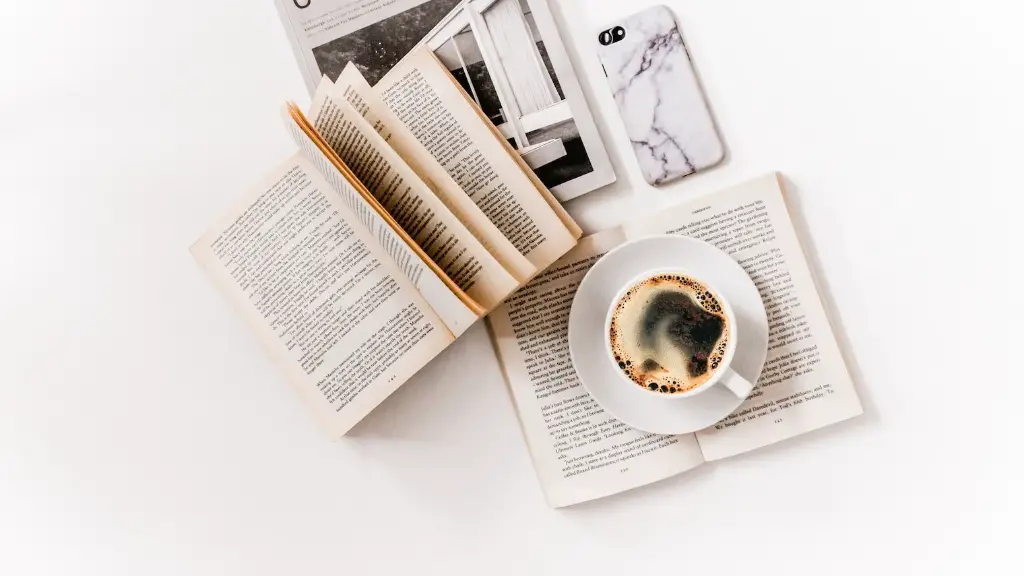Headaches are one of the most common complaints after drinking coffee, but the exact causes and effects remain a mystery. But research suggests there may be a link between caffeine consumption and headaches. This article examines the causes and possible treatments for headaches that result from drinking coffee.
It’s important to understand that caffeine is a stimulant, meaning that it increases alertness and awareness. In small doses, caffeine can improve one’s focus and energy levels. However, it can also be potentially harmful if consumed in high doses over a long period of time, as it may lead to headaches, jitters, and even insomnia.
When it comes to coffee, it should be noted that different types of coffee contain varying amounts of caffeine. Regular coffee typically contains about 95 mg of caffeine per 8-oz cup, while decaf coffee has between 2–12 mg of caffeine per 8-oz cup. Hence, it is possible that drinking a large amount of coffee in a single sitting may lead to increased alertness and caffein-induced headaches.
A study by the National Institutes of Health found that caffeine can worsen existing headaches, as well as trigger headaches in those who don’t initially experience them. The study revealed that drinking more than one cup of coffee in a single sitting is particularly more likely to trigger headaches. This is because the build-up of caffeine in the body over time can lead to higher levels of alertness and awareness, thereby increasing the likelihood of headaches.
Though caffeine may be the primary cause of headaches after drinking coffee, there could be other contributing factors as well. For instance, some people may be sensitive to the acidity of coffee, which can cause stomach upset, headaches, and nausea. In addition, some people may be genetically predisposed to headaches, which can be triggered by the consumption of coffee.
Fortunately, there are some things you can do to try and reduce your chances of getting a headache after drinking coffee. For instance, limiting your consumption of coffee to one or two cups per day can help to avoid the build-up of caffeine in the system. It is also important to be mindful of your body’s reaction to caffeine and to listen to it when it signals that it has had too much.
Finally, it is important to avoid skipping meals when consuming caffeine. Eating a balanced diet that includes healthy sources of carbohydrates, protein and good fats can help to reduce the chances of experiencing a headache after drinking coffee. Similarly, drinking plenty of fluids throughout the day can also help to reduce the risk of headaches, as dehydration can lead to headaches as well.
Other Causes Of Headache After Drinking Coffee
In addition to caffeine, there could be other causes of headache after drinking coffee. For instance, drinking coffee that has been stored for too long can lead to a buildup of toxins in the body, which may result in headaches. Similarly, consuming sugary drinks like coffee can also increase the risk of headaches, as the sugar can cause spikes and dips in blood sugar, leading to headaches.
In some cases, drinking coffee can act as a diuretic, meaning that it can increase the production of urine and lead to dehydration. Dehydration can lead to headaches and other symptoms such as fatigue and dizziness. Furthermore, drinking coffee can also affect one’s sleep by making it harder to fall asleep and stay asleep, which can also lead to headaches.
Necessary Precaution When Consuming Coffee
It is important to be mindful of one’s consumption of coffee and to take certain precautionary measures to reduce the risk of headaches. For instance, it is best to avoid drinking more than two cups of coffee per day, and to make sure that the coffee you are drinking is fresh, as old coffee is more likely to contain toxins that can lead to headaches.
It is also important to be aware of the caffeine content of the coffee you are drinking. While regular coffee contains about 95 mg of caffeine per 8-oz cup, decaf coffee contains much less, between 2–12 mg per 8-oz cup. As such, it is best to opt for decaf if you are looking to reduce your chances of getting headaches after drinking coffee.
In addition, it is also important to be aware of one’s personal sensitivity to coffee. Some people may find that one cup is enough to cause a headache, while others may be able to drink four or more without any effect. Hence, it is important to pay attention to your body’s reaction to coffee and to reduce your consumption if necessary.
Treatments For Headaches After Drinking Coffee
If you find yourself experiencing a headache after drinking coffee, there are several treatments you can try. One of the most common treatments is to take over-the-counter pain relievers such as ibuprofen, acetaminophen, or aspirin. Alternatively, you can also try natural remedies such as drinking herbal teas, essential oils, or apple cider vinegar.
Studies have also found that stimulating specific acupressure points on the head can help to reduce headaches caused by caffeine. One such point is located in the area between the thumb and index finger. Applying pressure to this point for a few minutes can help to reduce the intensity of headaches caused by caffeine.
Finally, drinking plenty of fluids, eating a healthy diet, and getting enough rest can also help to reduce the severity of headaches caused by coffee. Additionally, it is important to practice mindful breathing, as it can help to reduce stress and anxiety, which are often associated with caffeine-induced headaches.
Common Side Effects From Drinking Too Much Coffee
Though coffee can have many beneficial effects, it is important to remember that drinking too much can lead to a number of unpleasant side effects. In addition to headaches, drinking too much coffee can also lead to sleeping difficulties, nausea, irritability, anxiety, and even heart palpitations in some cases.
In addition, drinking coffee can make one more susceptible to dehydration and can cause dehydration-related symptoms such as fatigue, dizziness, muscle cramps, and increased thirst. Drinking coffee can also increase one’s risk of developing certain diseases, such as heart disease, diabetes, and certain types of cancer.
Furthermore, it is important to remember that coffee can be addictive. Thus, if one finds themselves drinking more than two cups per day, it is best to reduce their intake to avoid developing an addiction.
Ways To Enjoy Coffee Responsibly
Though drinking too much coffee can lead to a number of unpleasant side effects, it is still possible to enjoy coffee responsibly. One of the best ways to do this is to stick to decaf coffee, as it has much less caffeine than regular coffee. Alternately, you can also opt for cold brew coffee, as it has much less caffeine than hot coffee.
It is also important to be mindful of other ingredients in your coffee, as some, such as sugar and cream, can heighten the effects of caffeine and lead to more pronounced side effects. As such, it is best to avoid adding sugar or cream to one’s coffee and to opt for healthier alternatives such as milk or honey.
In addition, it is important to remember to drink plenty of fluids throughout the day and to eat a balanced diet that includes all three macronutrients — carbohydrates, proteins, and good fats. Finally, it is important to get enough rest, as lack of sleep can also lead to headaches and other caffeine-related side effects.
Conclusion
Though caffeine can lead to headaches after drinking coffee, there are many precautionary steps one can take to reduce the chances of this occurring. By practicing mindful consumption, consuming decaf coffee and other low-caffeine alternatives, and getting enough rest and fluids, one can enjoy coffee without the risk of experiencing unpleasant side effects.
